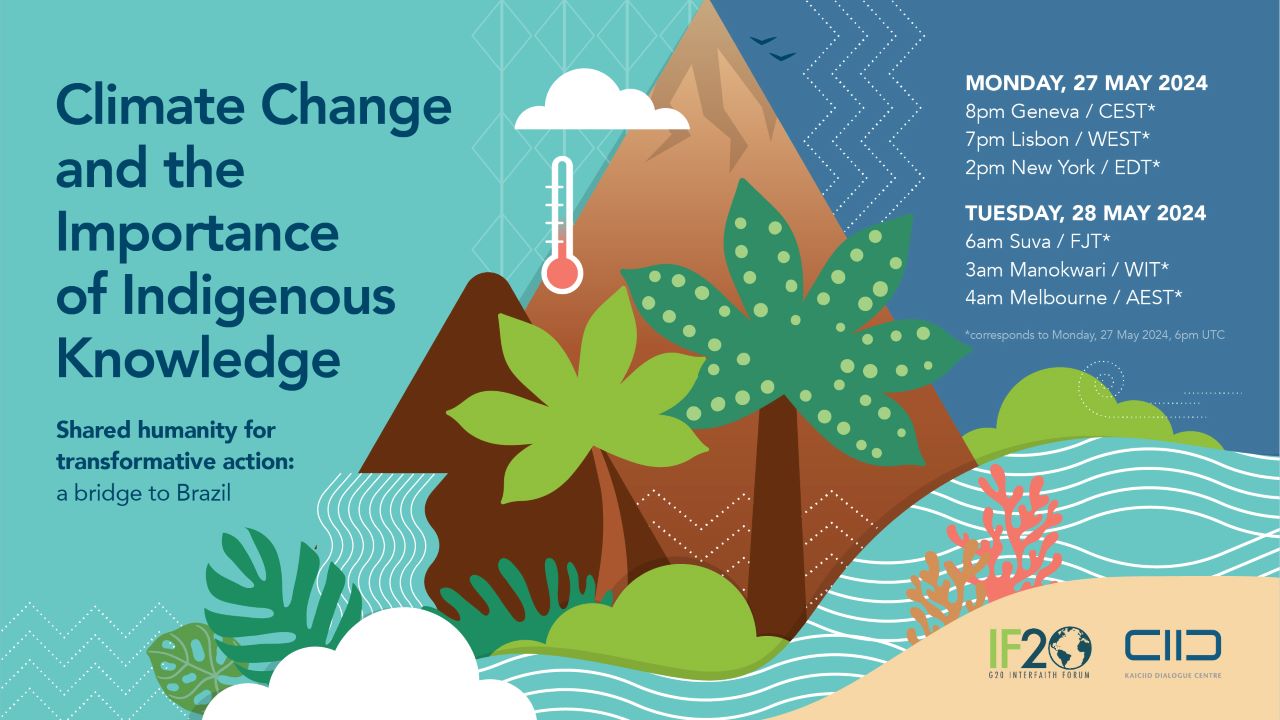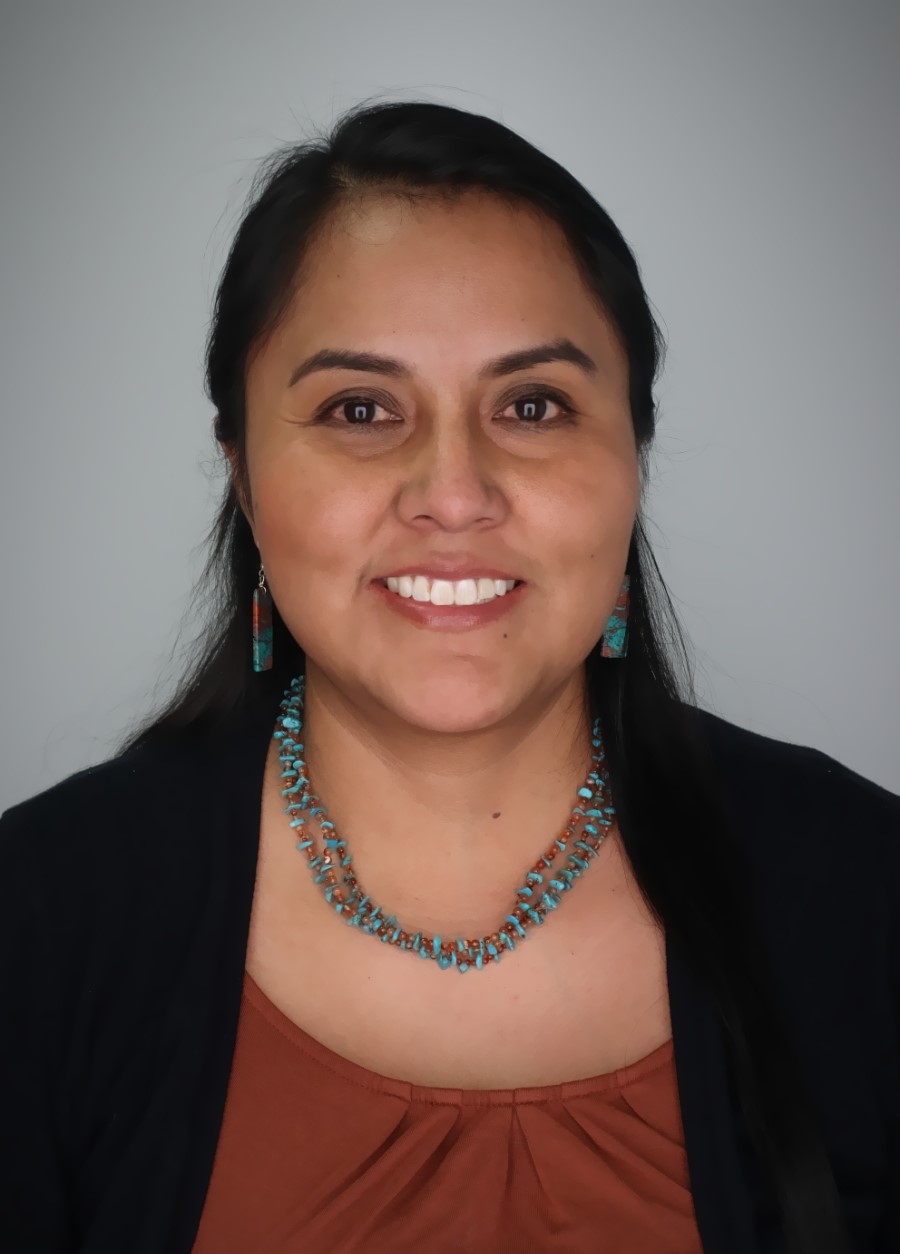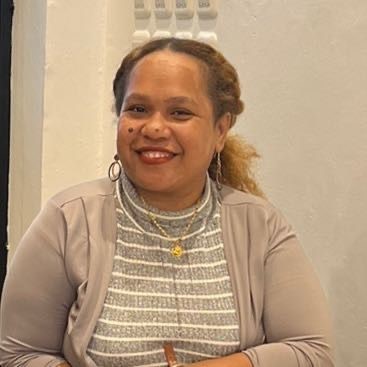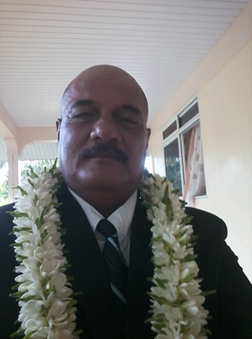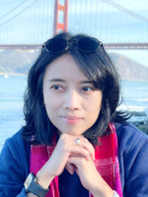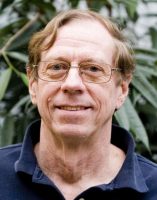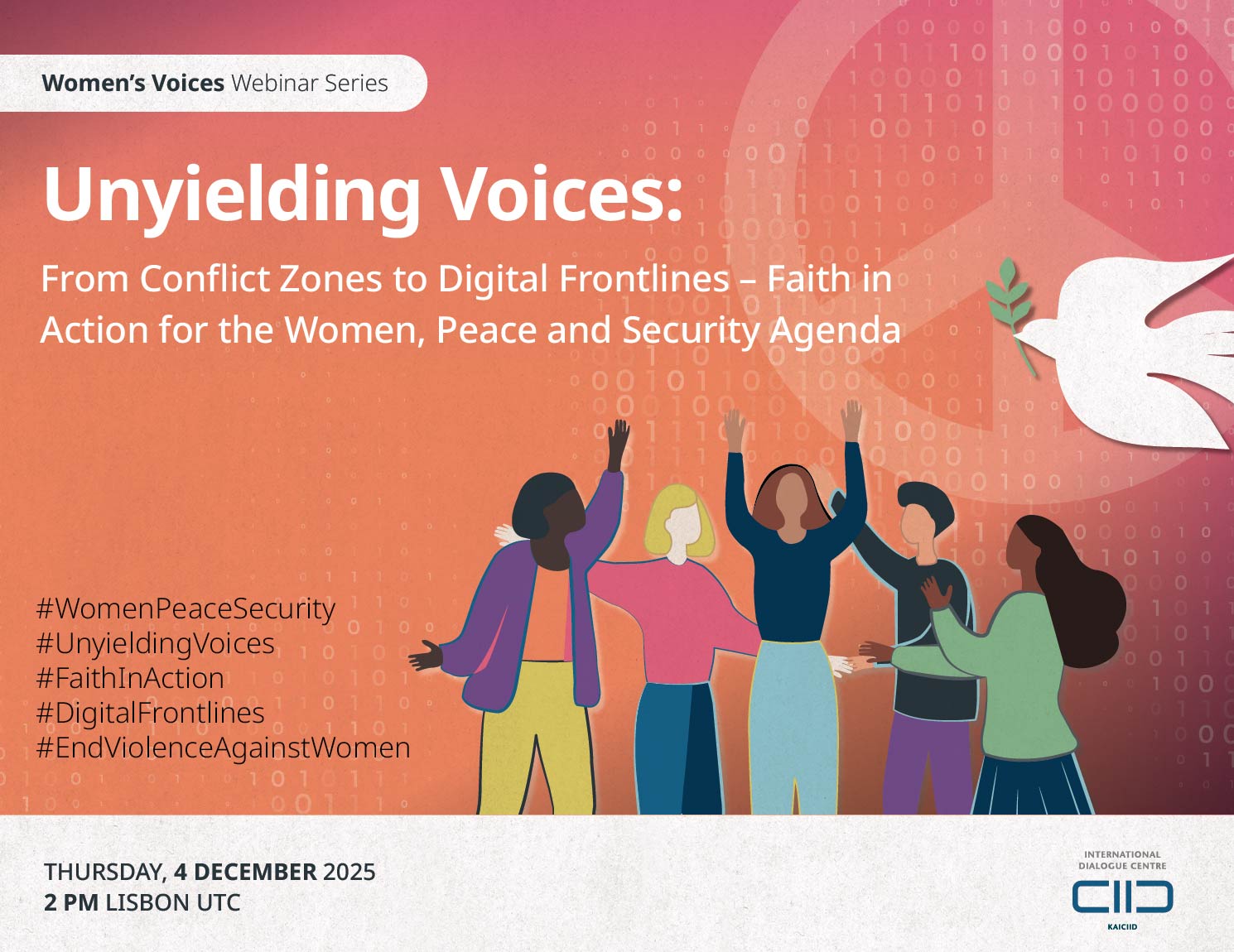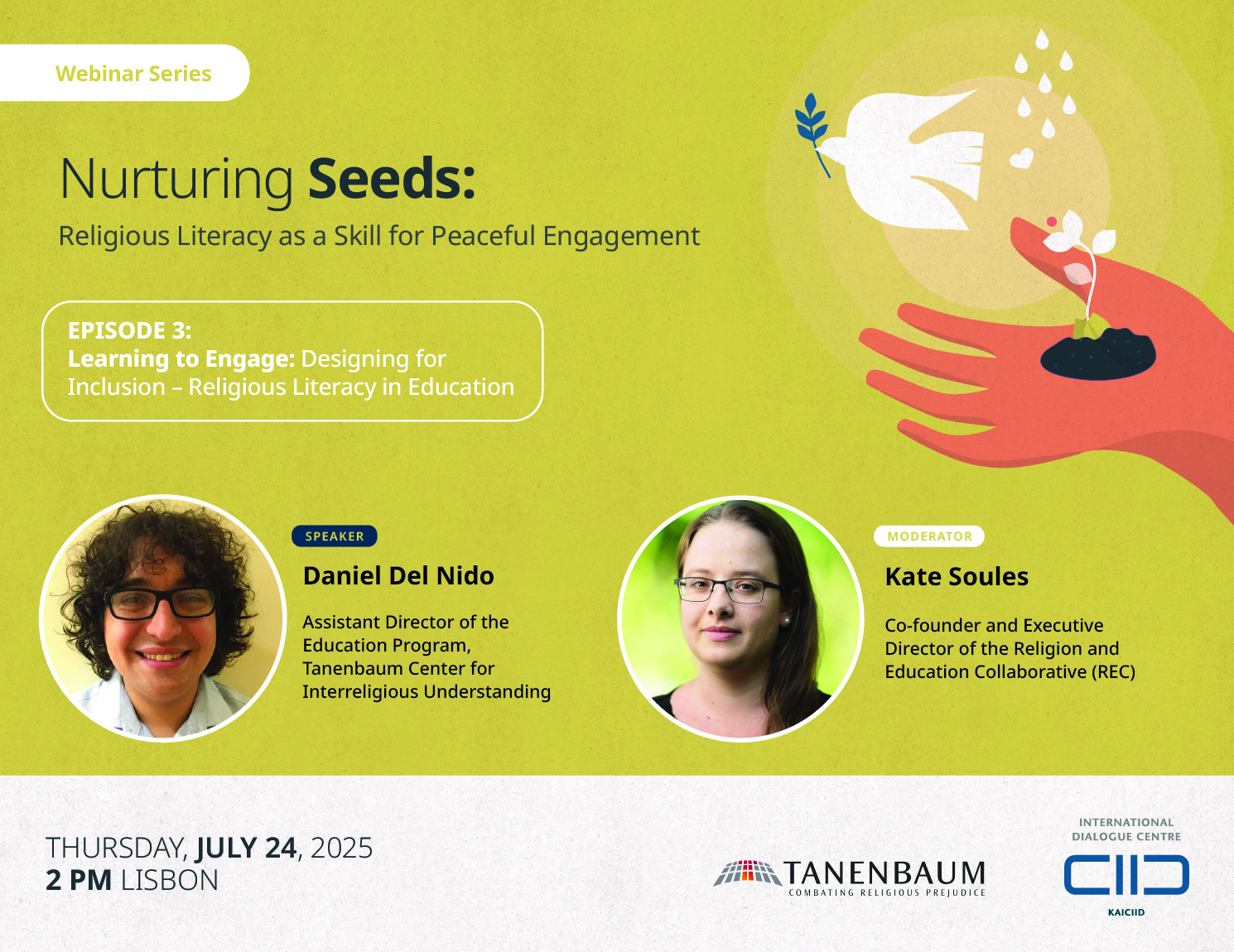George is a Senior Research Fellow and Deputy Head Department of Pacific Affairs, and the Director of the Pacific Institute, at The Australian National University. His research explores the interplay of international politics and climate change (diplomacy, negotiations, security, finance, democracy, gender and indigenous knowledge), through the influence and power of small island states (foreign policy, non-western and Oceanic Diplomacy), Pacific regionalism and geopolitics, indigenous knowledge and philosophy. He teaches and supervises research in international relations, security, diplomatic and Pacific studies; and provides advice to Pacific regional organisations and countries in climate, ocean and sustainable development multilateral forums. He is also a Co-Director for RESI (Resilient and Sustainable Islands Initiative) a network of Small Islands Developing States researchers. George’s research and teaching interests are influenced by his work experience and education in the Pacific, and grounded by his Samoan, Tuvaluan, i-Kiribati, Chinese and British heritage and upbringing. He serves his communities and villages in Samoa, and holds high chief title of Salā from Lēauva’a.

